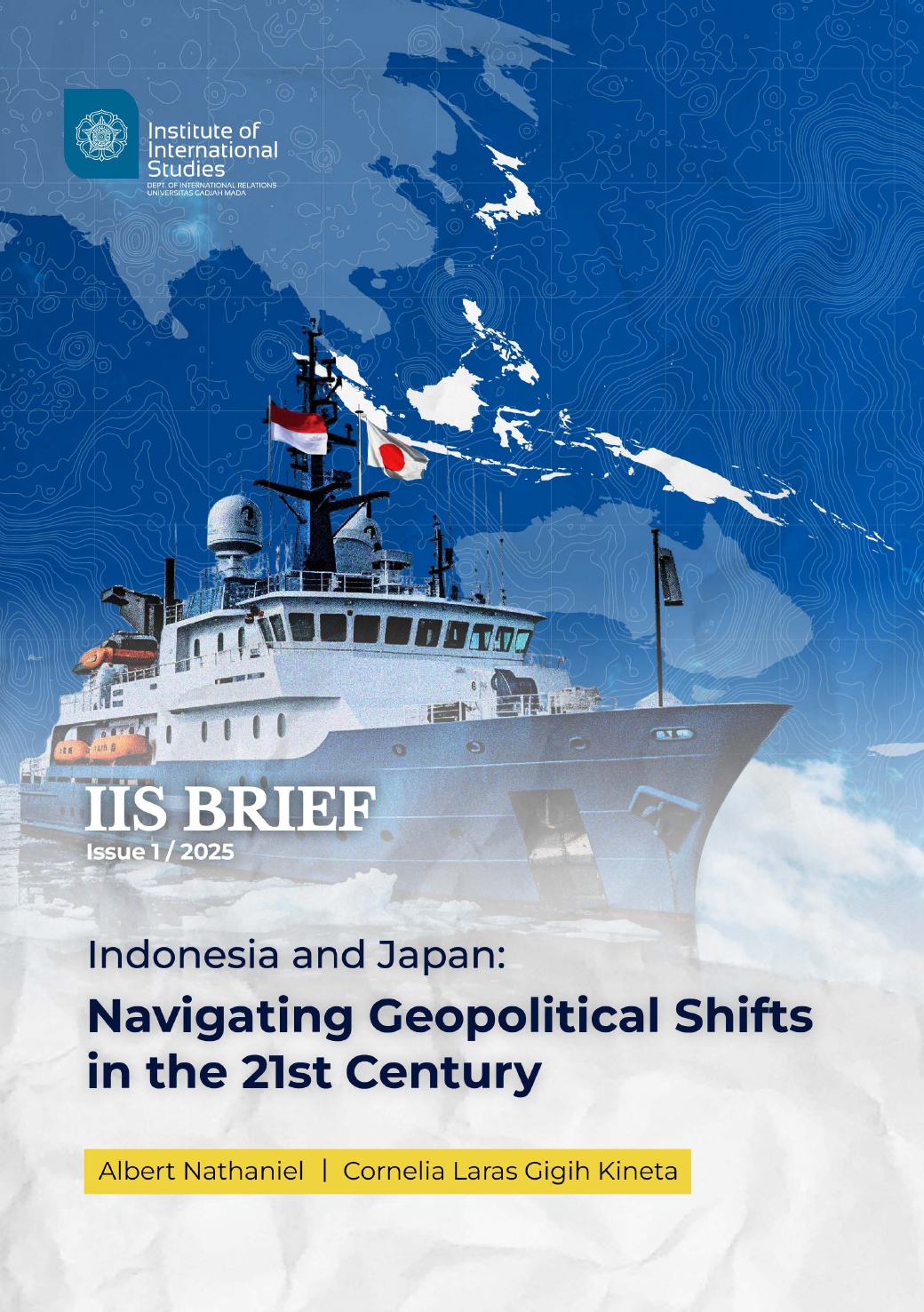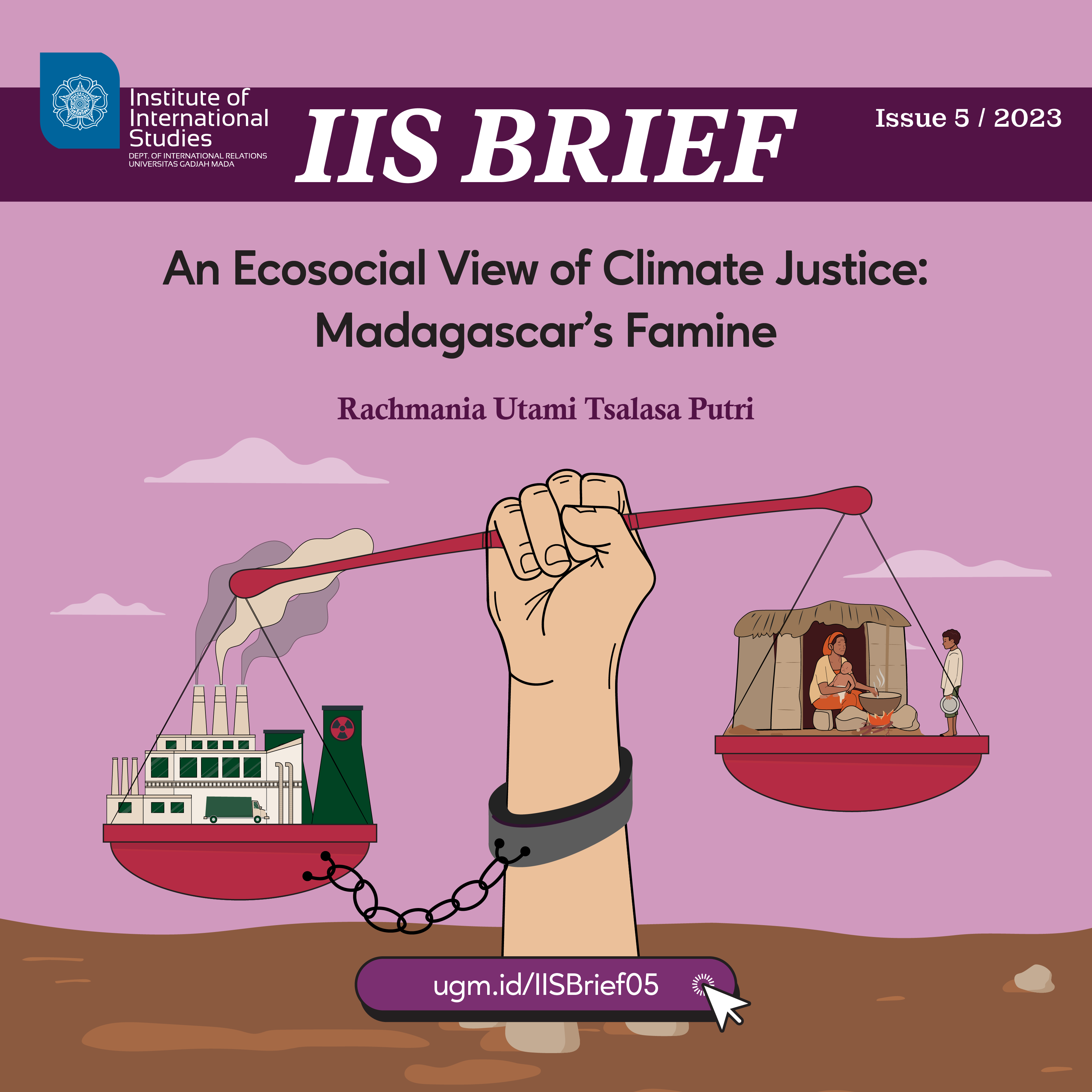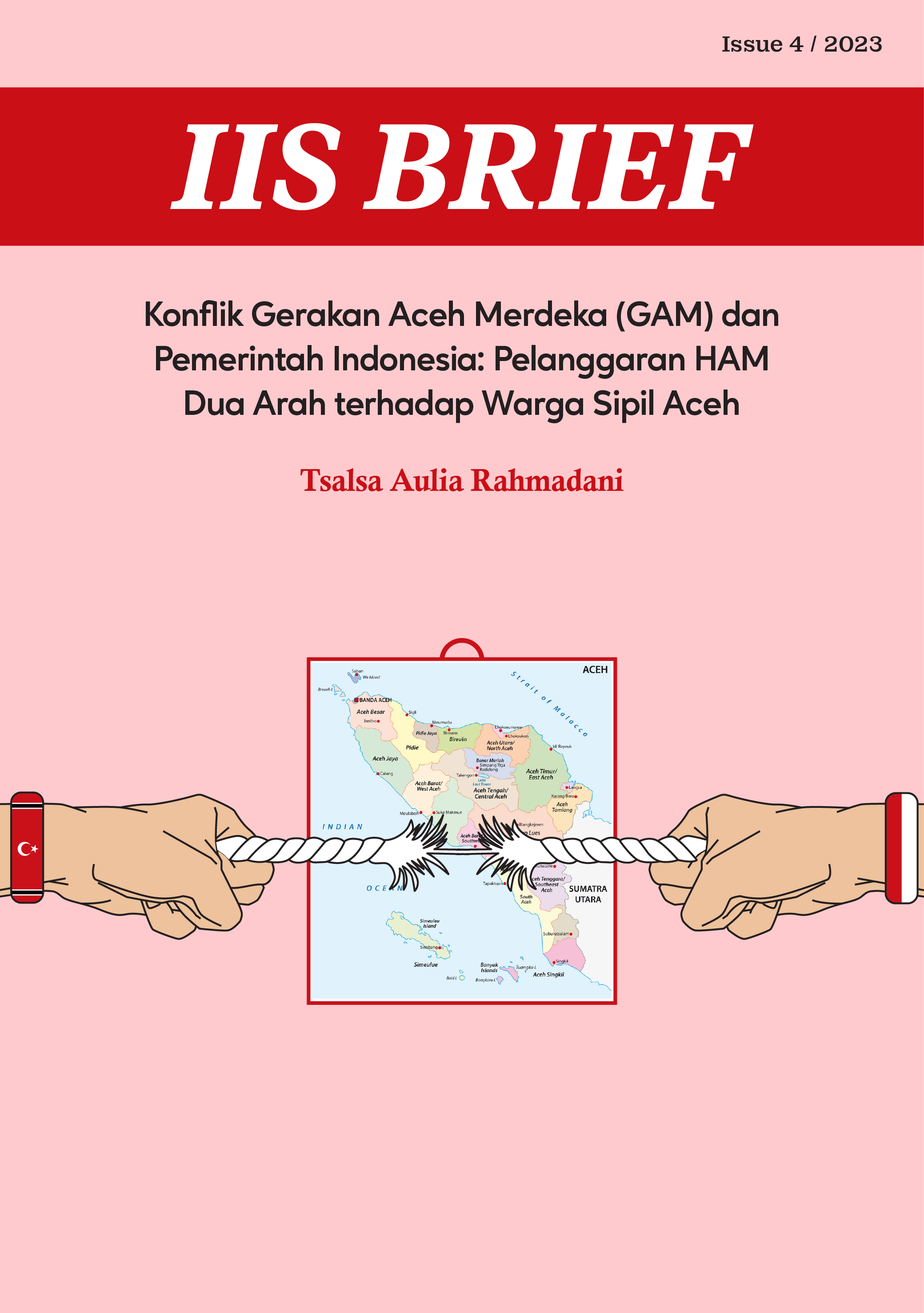[googlepdf url=”https://iis.fisipol.ugm.ac.id/wp-content/uploads/sites/720/2025/05/IIS-Brief_Issue-2.pdf” download=”Download” width=”100%” height=”600″]
.IIS Brief
[googlepdf url=”https://iis.fisipol.ugm.ac.id/wp-content/uploads/sites/720/2025/03/IIS-Brief-Issue-1-2025.pdf” download=”Download” width=”100%” height=”600″]
The relationship between Indonesia and Japan has long been characterized by strong cultural and economic ties.
[googlepdf url=”https://iis.fisipol.ugm.ac.id/wp-content/uploads/sites/720/2024/12/IIS-Brief.pdf” download=”Download” width=”100%” height=”600″]
On April 29, 2024, NATO Secretary General (Jens Stoltenberg) visited Kyiv to reaffirm NATO’s support for Ukraine amid the ongoing war with Russia.
[googlepdf url=”https://iis.fisipol.ugm.ac.id/wp-content/uploads/sites/720/2024/11/IIS-Brief_Issue-4-Tri-Nur-Chasanah-1.pdf” download=”Download” width=”100%” height=”600″]
The discourse on the gender gap in employment is predominantly discussed in developing countries.
[googlepdf url=”https://iis.fisipol.ugm.ac.id/wp-content/uploads/sites/720/2024/09/04-Sep-IIS-Brief_Issue-3-Intan.pdf” download=”Download” width=”100%” height=”600″]
Even though countries have committed to reduce global temperature rise to below 2°C through the Paris Agreement, global temperatures are predicted to break the climate threshold of 1.5°C in 2027.
[googlepdf url=”https://iis.fisipol.ugm.ac.id/wp-content/uploads/sites/720/2024/08/IIS-Brief_Issue-02-Rachmania.pdf” download=”Download” width=”100%” height=”600″]
The Arab Spring movement in Middle Eastern countries is regarded as a significant catalyst for democratisation in the region.
[IIS Brief] Fostering Indonesia’s Global Leadership: Triangular Climate Cooperation in the Caribbean
[googlepdf url=”https://iis.fisipol.ugm.ac.id/wp-content/uploads/sites/720/2024/03/IIS-Brief_Issue-1-2024.pdf” download=”Download” width=”100%” height=”600″]
As an effort to play more active roles in international affairs, Indonesia promotes collaboration with the Caribbean, particularly concerning climate action.
[googlepdf url=”https://iis.fisipol.ugm.ac.id/wp-content/uploads/sites/720/2024/03/01-Final-Refleksi-Pengaturan-Tata-Kelola-Taksi-Daring-di-Indonesia-Siapa-yang-Harus-Pegang-Kendali.pdf” download=”Download” width=”100%” height=”600″]
Kegiatan jasa layanan transportasi berbasis daring yang dilakukan oleh perusahaan berbasis teknologi aplikasi, memiliki dampak besar pada pertumbuhan ekonomi Indonesia, yakni sebesar 5,7% pada tahun 2021.










